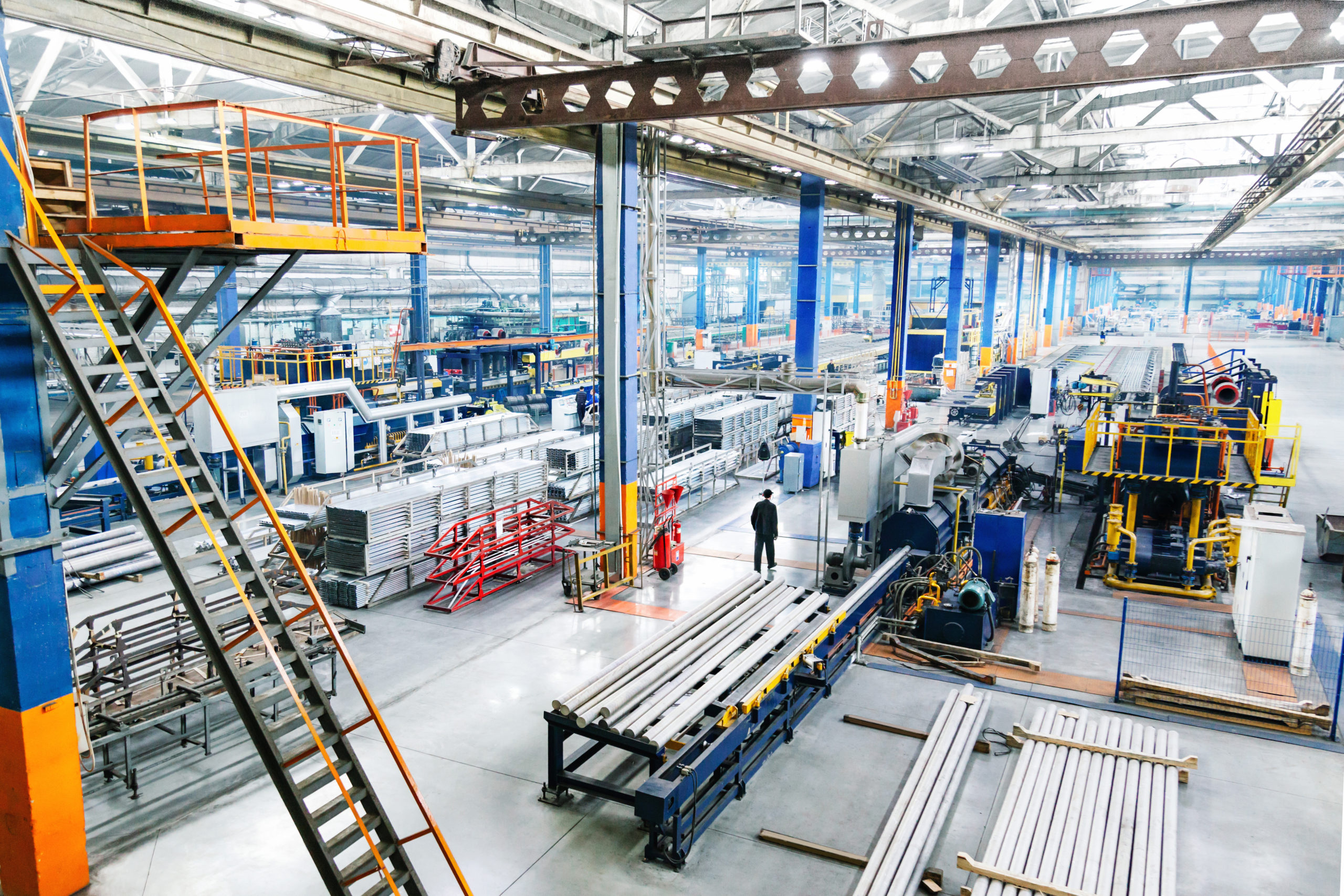
11 September 2024
Top 5 Insurance Tips for Manufacturers
Manufacturing is complicated, and risks vary from business to business, depending on the nature of the products you’re manufacturing, the scale of production and the type of machinery you’re using. However, whether you’re operating a small single facility, or a huge manufacturing operation over various sites, insurance is always key. Every aspect of your business needs to be covered so it doesn’t flounder financially should something go wrong. It’s essential you have a watertight insurance policy in place to protect your staff, third party liabilities, premises, stock and materials.
So, what are the top tips for manufacturing when it comes to insurance? What considerations do you need in your sights?
Here are our Top 5 manufacturing insurance tips:
 The complexities and challenges of the manufacturing industry require close attention when it comes to your insurance requirements. Knowledge and accountability are crucial to ensuring comprehensive and tailored protection and by staying informed and proactive, manufacturers can safeguard their operations against potential disruptions and liabilities.
We hope our Top 5 manufacturing insurance tips have been useful!
The complexities and challenges of the manufacturing industry require close attention when it comes to your insurance requirements. Knowledge and accountability are crucial to ensuring comprehensive and tailored protection and by staying informed and proactive, manufacturers can safeguard their operations against potential disruptions and liabilities.
We hope our Top 5 manufacturing insurance tips have been useful!

-
Be comprehensive with your business description
-
Help yourself to lower premiums
-
Acquaint yourself with high risk
-
Tick off your own insurance checklist
-
Employers’ liability insurance
-
Public liability insurance
-
Product liabilty insurance
-
Product recall insurance
-
Goods in transit and marine cargo insurance
-
Maintain plant health
 The complexities and challenges of the manufacturing industry require close attention when it comes to your insurance requirements. Knowledge and accountability are crucial to ensuring comprehensive and tailored protection and by staying informed and proactive, manufacturers can safeguard their operations against potential disruptions and liabilities.
We hope our Top 5 manufacturing insurance tips have been useful!
The complexities and challenges of the manufacturing industry require close attention when it comes to your insurance requirements. Knowledge and accountability are crucial to ensuring comprehensive and tailored protection and by staying informed and proactive, manufacturers can safeguard their operations against potential disruptions and liabilities.
We hope our Top 5 manufacturing insurance tips have been useful!
Need further advice? Contact Chris Buchholz today on 07842 021430 or by email, Chris.Buchholz@ascendbroking.co.uk.

Recent Posts
Ascend Broking
ASCEND BROKING GROUP LAUNCHES ASCEND RISK
Ascend Broking





